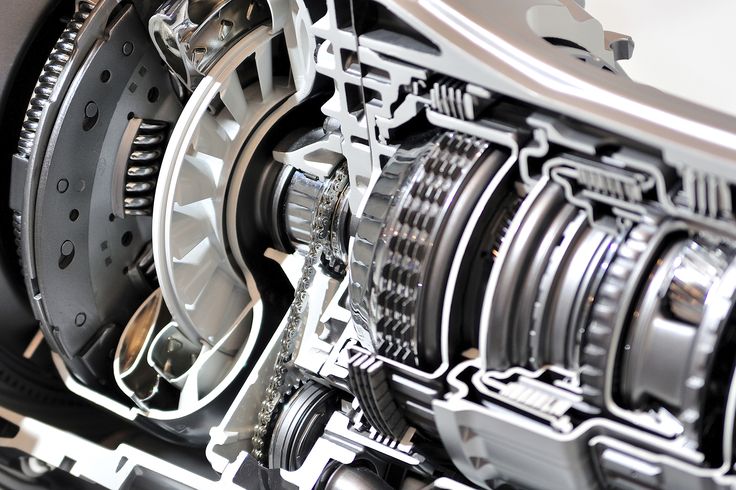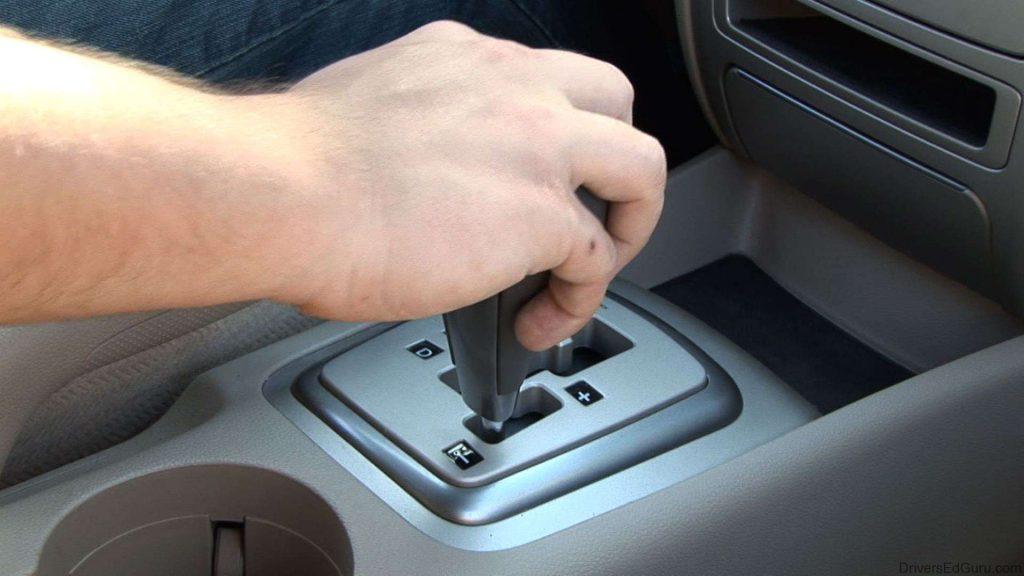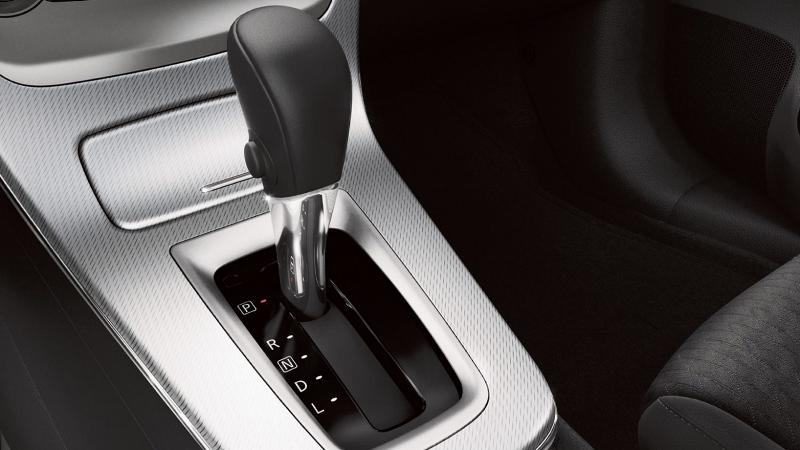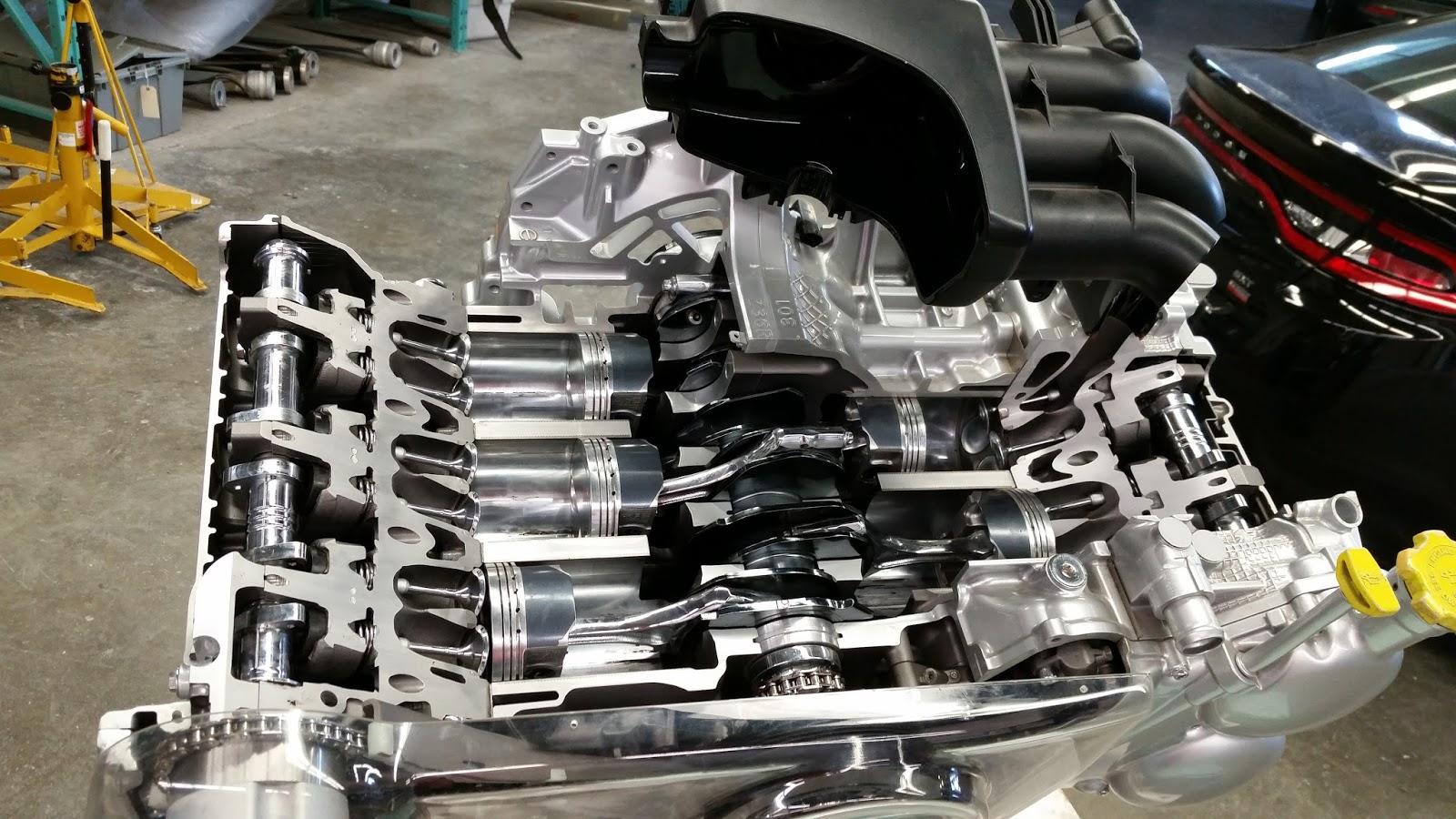What Are Common Honda CVT Transmission Problems
Honda cars released during 1999-2004, usually face transmission issues. Car models such as Accord, Civic, and Odyssey are the worst example of Honda CVT transmission problems.
Because of CVT (Continuously Variable Transmission), a car may stop working properly. If you find that the car jerks while accelerating, it is a sign of transmission issues.
Something You Need To Know About The Honda CVT Transmission
Honda CVT is a type of transmission that can change the gear ratio continuously without dividing each gear. Unlike an automatic transmission (AT) or a manual transmission (MT), a CVT does not rely on gears. Because it creates gear ratios by belt and 2 pulley systems, not by gears like other types of automotive transmission. Like the other CVT transmission, the Honda CVT structure includes:
- Steel transmission belt
- Input pulley connected to receive torque from the motor
- The output pulley connects the gearbox output
The CVT transmission was applied for the first time in the Honda Civic HX in 1995 and the type of transmission has been still used in some models today with many improvements. Over many generations, we can’t deny the outstanding features of a CVT Honda transmission in particular and CVT transmission in general:

Fuel economy
A CVT has the advantage of not having a gear ratio, which can change the gear ratio at all speed ranges. Therefore, fuel consumption is more optimized than other transmissions. It is most evident when the car has to continuously accelerate and decelerate when running in the city. It is this advantage that many modern cars today tend to gradually switch to using CVT gearboxes instead of AT automatic transmissions.
Simple operation
Another advantage of the CVT automatic transmission is that the driver can operate the vehicle simply and easily. The driving style is similar to the automatic transmission. The number of rpm is optimized in all travel speeds to reduce the loss of force compared to a conventional automatic transmission. As a result, the car has a more responsive, smoother response.
Compact size
The CVT transmission has a simpler structure and working principle than other types of gearboxes such as manual transmission, and automatic transmission so the CVT always has a lighter weight and compact size.
With these advantages, CVT transmissions are applied by many car manufacturers such as Honda, Toyota, Mitsubishi, and Nissan. And some models of Honda are equipped with this CVT transmission such as Honda CR-V, Honda City, Honda Civic, Honda HR-V, Honda Brio, Honda Accord.
Honda Problems Associated with a Continuously Variable Transmission
Honda CVT is a system of improved acceleration and enhanced fuel economy but people still doubt its efficiency.
And a controversial problem with the Honda CVT transmissions in 2015 made a concern for many drivers when buying this kind of gearbox. Honda announced a recall of more than 143,000 Civic and Fit vehicles to fix a CVT transmission error that could cause the vehicle to stop suddenly in 2015
According to the NHTSA, the list of affected models in Honda’s latest recall of faulty vehicles is 143,676 2014-2015 Civic models and 2015 Fit models. The return is due to a faulty CVT transmission control software that can cause the pulley drive to weaken and break when hydraulic pressure is high. This condition will lead to power loss that causes the front wheels of the vehicle to come to a sudden stop while the vehicle is driving, increasing the risk of an accident when the vehicle is traveling at high speed.
This problem caused big effects on Honda models at that time. Did not let consumers be disappointed, Honda quickly fixed the problem and continuously improved the CVT transmission system. However, during the driving process, some drivers still complain about the small errors related to CVT transmissions. Here is the list of some Honda CVT Transmission Problems:
1. Irritating noise

The cars with this system generate noise during initial acceleration. This noise is produced because CVT tries to adjust the engine speed. Such noises can be irritating, specifically when the noise is compared to the sound of a slipping clutch coming from a manual transmission.
So, if you are used to driving a car with an automatic transmission, you may find a little trouble!
2. Jerky movement
Cars with continuously variable transmissions are supposed to offer a smooth transition while accessing the utmost power. However, there has been a problem of jerky movement during initial acceleration.
Moreover, people also complain about the rattling noises during slow speed. Some issues of abrupt movement in starting system or engine have also been noticed. Besides this, if the car’s fuel efficiency has decreased, this is a clear sign of a transmission problem.
3. More expensive
Drivers who have driven cars with a manual or an automatic transmission usually find difficulty if they switch to a car with this system. For them buying a vehicle with CVT is a more expensive deal in comparison to other transmission systems.
4. No change in gear shift
The cars with CVT systems don’t give the feel of any gear shifts like the automatic transmission vehicle. In other words, you don’t feel a change in the engine speed when shifting gears.
This is because paddle shifts are incorporated in vehicles with CVT systems to stimulate gear changes. Consequently, the paddle shifter allows transmitting electronic signals to the clutch, which causes a gear shift. This is exactly what happens in an automatic transmission engine.

Read more:
What Causes the Honda CVT Transmission Problems?
CVT is an automatic car transmission system using a belt and pulley for an unrestricted range of gear ratio. It is the part of the car that turns engine rotations into torque; allowing one to drive at variable speeds.
However, if the engine turns on, the car still won’t shift into gear; resulting in a faulty torque converter. In most Honda cars, the torque converter is worsening with the leaking and burning transmission fluid.
Watch the video to learn more about the Honda CVT problems:
The Honda CVT transmission problems are quite difficult and expensive to solve. So, it’s better to follow a few maintenance tips at the initial stage. Regular checking at your parking spot for transmission leaks can work precisely to mark the issues. And for the more complicated problems taking the car to a professional service station will be the right thing to do.














